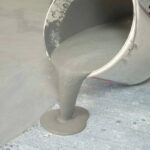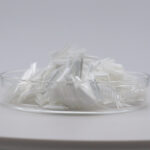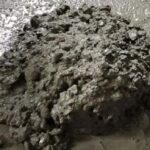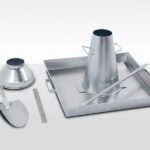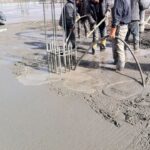What is concrete superplasticizer
Concrete superplasticizers are a type of chemical admixture that are commonly used in the construction industry to improve the workability and flowability of concrete without adding additional water.
There are two types of superplasticizers: sulfonated naphthalene formaldehyde condensate (SNF) and polycarboxylate ether (PCE).
PCE superplasticizers have become increasingly popular in recent years because they are more environmentally friendly and can be used in smaller dosages.
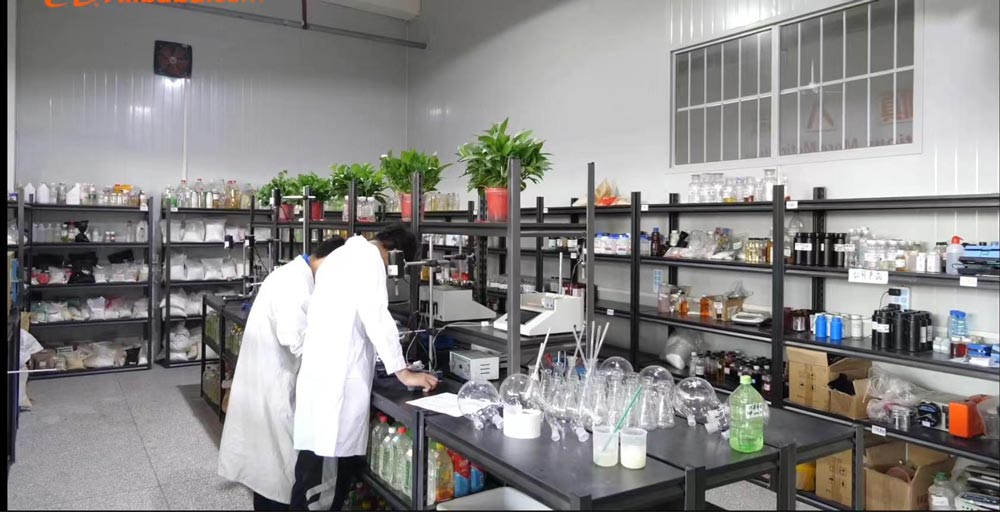
Superplasticizers help keep concrete strong
An important component of most modern concrete mixes, water reducers improve the workability of wet concrete while decreasing the amount of water used in the mix. Among water reducers, superplasticizers, also known as high-range water reducers, represent one of the fastest-growing chemical additives in the cement and concrete additives.
Superplasticizer advantage
- increased density
- improved bond strength
- greater volume stability and reduced shrinkage cracking
- increased abrasion resistance
- decreased permeability
- reduced segregation and bleeding
- higher early and ultimate strength
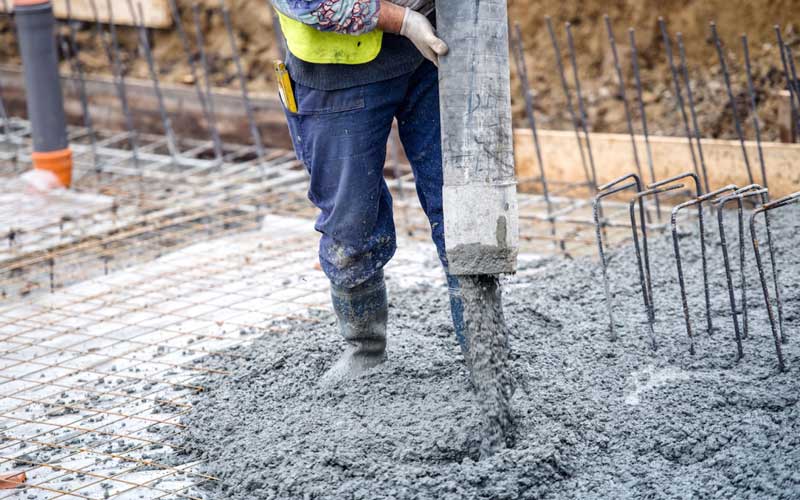
Overall, superplasticizer admixtures are a valuable tool for the construction industry, allowing for improved workability and flowability of concrete without sacrificing strength and durability. With their ability to reduce water content, minimize shrinkage, and increase the quality of the final product, superplasticizers can help construction projects achieve their desired outcomes with greater efficiency and effectiveness.


